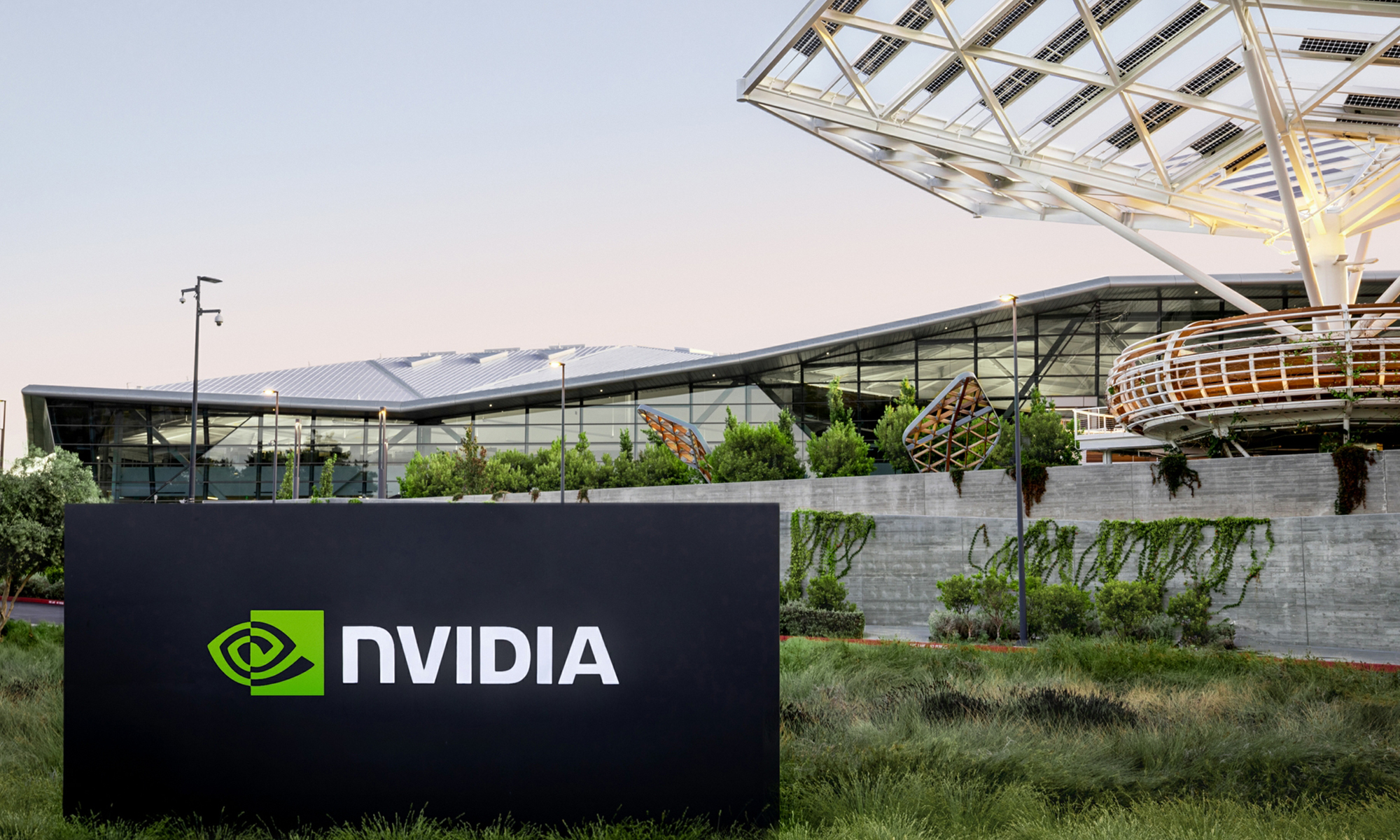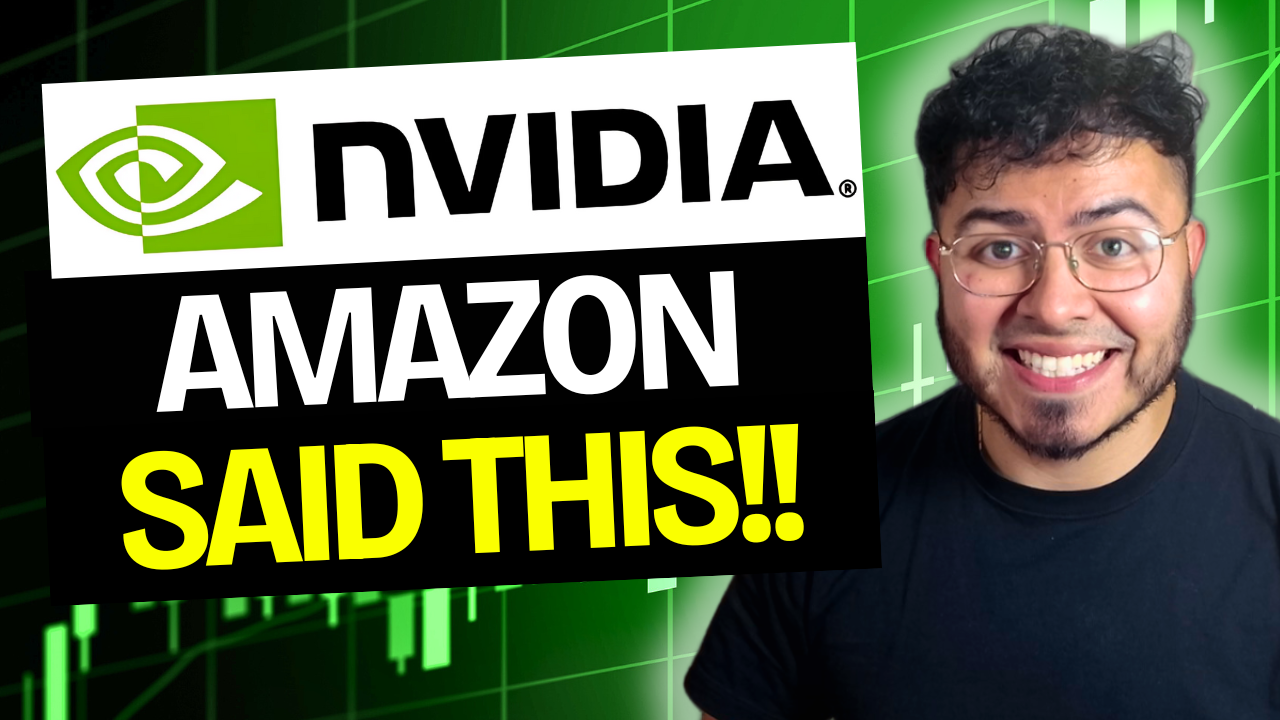There's a debate heating up on Wall Street right now. One camp insists that the S&P 500 is already poised for the next bull market, just 5% from a fresh all-time high, while others insist that the recovery will hit a speedbump and could be derailed by a potential recession.
Whatever the case may be, it's clear that the emergence of artificial intelligence (AI) this year has been nothing short of astonishing. Business leaders and consumers alike have been mesmerized by these next-generation algorithms and the promise of substantial productivity gains. As a result, companies are poring over their systems, in search of ways to automate ongoing processes with generative AI.
Wall Street, which rarely agrees on anything, has come to a clear consensus about the company best positioned to profit from the rapid adoption of AI: Nvidia (NVDA +0.91%). And despite the stock's 200% gains so far this year, the evidence suggests the company's best days are still ahead.

Image source: Getty Images.
Expect Nvidia's track record of strong performance to continue
While much of the focus is currently on AI, a look back shows this isn't Nvidia's only opportunity. Over the past 10 years, the company has increased its revenue by more than 1,000% as of this writing, while its diluted earnings per share have soared 3,870%. While there have been the inevitable peaks and valleys, the company has proven remarkably reliable over time, which has led to epic gains in its stock price, which has soared 11,370%.
During Nvidia's fiscal 2024 second quarter, ended July 30, the company continued this long track record and signaled its leadership in the AI race. The company delivered record revenue that jumped 101% to $13.5 billion, while its diluted earnings per share (EPS) surged 854% to $2.48. It's worth noting that last year's downturn provided easy comps, but its performance was nonetheless stunning.
Leading the charge was Nvidia's data center segment -- this includes chips for cloud computing, artificial intelligence, and data centers -- which generated record revenue of $10.3 billion. That marked a 171% year over year increase and 141% sequentially.
As impressive as that was, Nvidia's forecast was equally spectacular. For the upcoming third quarter, management's guidance called for record revenue of $16 billion at the midpoint of its guidance, surging 317% year over year and 19% quarter over quarter. There was no doubt that robust and accelerating demand for processors that run AI systems was behind the growth spike.
Given the growing number of applications for generative AI, it's likely Nvidia will build on its current success. Furthermore, a rebound in the gaming market, which has weighed on the company's performance, could further boost Nvidia's results.
The fervor surrounding AI has been palpable this year, but the truth is we really don't know the size of the opportunity. Analysts at Goldman Sachs estimate an economic impact at $7 trillion by the end of the decade, while Morgan Stanley comes in at a more meager $6 trillion. On the other hand, one of the most bullish prognostications comes courtesy of Cathie Wood's Ark Investment Management, which pins the AI opportunity at $14 trillion by 2030. So while estimates regarding the size of the market are still evolving, the implications are staggering.
Nvidia is a clear "picks-and-shovels" play. As the evidence makes clear, AI is the gold rush, and Nvidia is selling the picks and shovels.

NASDAQ: NVDA
Key Data Points
Multiple growth drivers
For all the potential of AI, it isn't the only opportunity that will fuel Nvidia's growth.
Even in the face of increasing competition, the company is still the undisputed leader in the discrete desktop GPU market, despite some of the weakest demand in decades. Nvidia controls a dominant 80% share of the market, according to data supplied by Jon Peddie Research (via Tom's Hardware).
Overall, the gaming GPU market is expected to continue its ascent in the coming years, climbing from $2.7 billion in 2023 to $11.7 billion by 2028, a compound annual growth rate (CAGR) of roughly 34%, according to data compiled by market researcher Mordor Intelligence. This shows that the demand for gaming graphics cards will no doubt recover -- a process that has likely already begun -- which will also fill Nvidia's coffers.
The digital transformation will also continue to act as a secular tailwind, and again, Nvidia will benefit. The company controls an estimated 95% of the market, according to CFRA Research analyst Angelo Zino. The data center market is experiencing solid demand and is expected to grow from $263 billion in 2022 to $603 billion by 2030, a CAGR of 11%, according to Prescient and Strategic Intelligence Market Research. The expanding opportunity, combined with Nvidia's market dominance, will help fuel future growth.
Finally, Nvidia is the leading chip provider in the machine learning market, a well-established area of AI that developed algorithms that learn without the need for human intercession. Nvidia has cornered the market, with an estimated 95% share, according to data compiled by New Street Research.
Taken together, these opportunities still represent plenty of growth for Nvidia, the demand for generative AI notwithstanding.
Every rose has its thorns
There's an old adage that says you get what you pay for, and that has rarely been more true than with Nvidia. The stock currently sports a nosebleed-inducing valuation, selling for 41 times forward earnings and 14 times next year's sales.
Yet while Nvidia's valuation is undoubtedly lofty, the company's triple-digit revenue and earnings growth are deserving of a premium valuation. The demand for AI processors has all the signs of staying elevated for some time. This, combined with the other opportunities outlined above, will benefit Nvidia -- and its shareholders.
That's why I think investors should be buying Nvidia stock hand over fist and holding forever.





